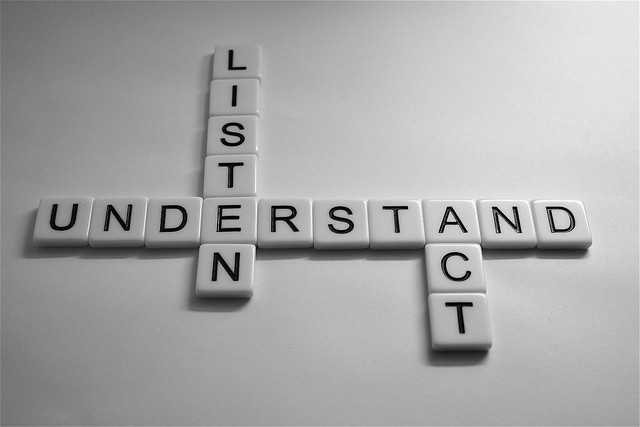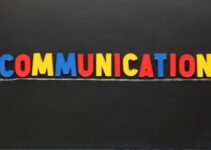Improve Your Listening Ability
Effective listening calls for efforts on the part of the speaker, listener as well as others concerned with the process to remove the barriers that come in the way of effective listening. Conscious efforts have to be made by the listener to improve his listening ability and develop effective listening skills. Below are some important guidelines to develop listening.
1. Concentration: To be a good listener, you must pay attention to the speaker. When a speaker is a dull conversationalist or when it is difficult to follow the speaker because of voice problems like a regional accent, and so on, a listener may have to make an effort to keep from being distracted by other things. Research shows that the more motivated a listener is, the more receptive he is.
2. Preparation: Sometimes it is better to make some preparations beforehand in order to improve listening; more so in the case of topics that are perceived as difficult. Preparations may include gathering information about the topic or removing distractions in the environment. This will help in developing an interest in what the speaker is saying and will also help in focusing on the message.
3. Show Interest: Show that you want to listen by being and looking attentive. It is important not only to focus on the speaker, but to use nonverbal cues (such as eye contact, head nods and smiles) to let them know they are being heard. A listener may ask appropriate questions at the right time to show his interest in what is being said.
4. Listen for the Whole Message: Listen not only through the use of your ears, but also the other senses so as to get the complete message. This includes looking for meaning and consistency or congruence in both the verbal and non-verbal messages and listening for ideas, feelings and intentions as well as facts. Pay attention to the voice intensity, inflection emotional cues, body movements, and so on, while listening to the speaker so as to ensure that the total message is communicated to you.
5. Empathy: Empathize with the speaker, that is, put yourself in the speaker’s shoes. This will help you to better understand what the speaker is trying to say rather than only what you won’t to understand. For listening to be effective and to achieve its objective it is important that the listener understands the message from the speaker’s point of view.
6. Listening before Evaluating: Listening to what someone says without drawing premature conclusions is a valuable aid to listening. Premature judgement hampers effective listening. Listen patiently to what the speaker has to say.
Give him time to complete what he has to say. By questioning the speaker in a non-accusative manner, rather than giving advice or judging, you can often discover exactly what the speaker has in mind, which oftentimes is quite different from what the listener had assumed.
7. Note Taking: Many experts recommend note taking as an important technique to improve the efficacy of the listening process. Taking down notes not only enhances the attentiveness of the listener but also helps him record what is being conveyed. Further, when the speaker sees that his listeners are sufficiently interested in take notes, it generates confidence in him and motivates him to speak better.
8. Paraphrasing: Paraphrasing is simply restating what another person has said in your own words. Paraphrasing serves a dual purpose. Firstly, it acts as a control device to check whether the listener has listened carefully. Secondly, it checks accuracy because by restating what has been said and feeding it back to the speaker the listener verifies the accuracy of his understanding. The best way to paraphrase is to listen carefully to what the other person is saying. It is important that the listener develops the habit of paraphrasing.
9. Body Language: The listener should maintain a positive body language-on upright posture, eye contact with the speaker-which reflects the listener’s interest in what is being said. An upright posture also helps a listener have better concentration.
At the same time, if the listener leans forward slightly it shows that the listener is interested in what the speaker is saying. Constantly fidgeting, too much of movement, and so on, reflect of lack of interest on the port of the listener and this may demotivate the speaker.






